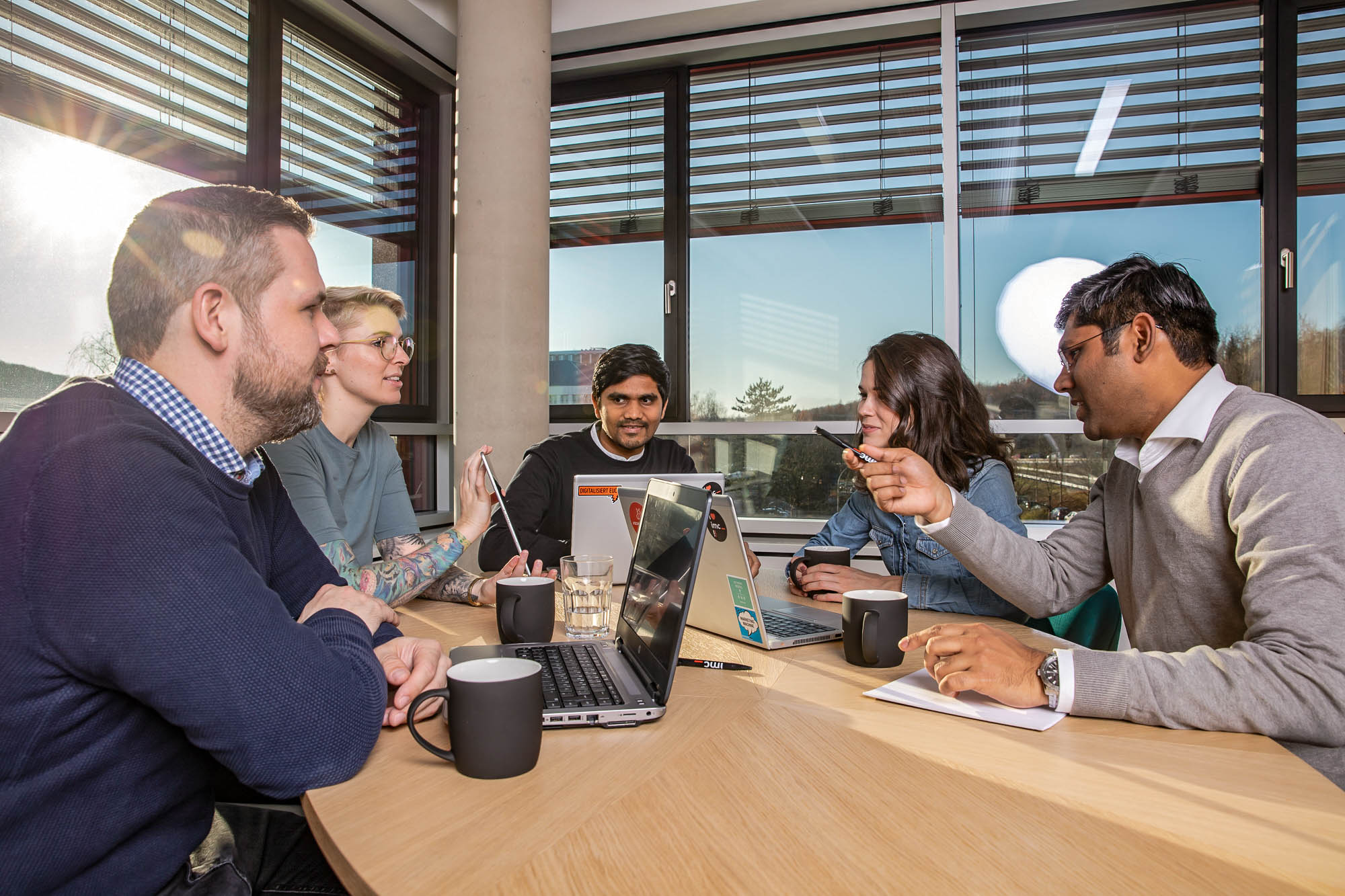
to life
An overview of the research projects
The imc Innovation Lab contributes to national and international research projects.
This has led to the creation of tools, innovative prototypes and methods for modern teaching and learning.
Browse the overview of selected ongoing and concluded research projects below.
EDGE Skills

EDGE Skills

01.01.2024-31.12.2026

Prometheus X

co-founded with EU commision Directore-generale for Communications Networks, Content and Technology (CONNECT)
The EDGE Skills project aims to develop solutions to meet the growing demand for workforce education and training in the face of complex challenges. The project envisages a 'European Data Space for Growth and Education-Skills' to connect dispersed data across different organisations.
This approach enables personalised learning and skills development while ensuring data sovereignty for individuals and organisations. By promoting a human-centred approach to data management, EDGE Skills aims to accelerate data-driven innovation in education and skills development.
imc's role within EDGE Skills is central to this. The aim is to make it as easy as possible for customers to engage by enabling the secure exchange of their data, while ensuring data sovereignty and value creation.
imc contributes to the strategic design of relevant business processes and software components, and works with client organisations to enable data sharing, leading to better understanding and exploration of data for data-driven skills management. In addition, imc AG works closely with pilot customers and project partners to ensure that the project is GAIA-X and IDSA compliant.
Open Teach C-Hub
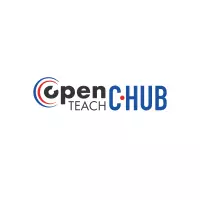
Open Teach C-Hub

01.10.2023-30.09.2026
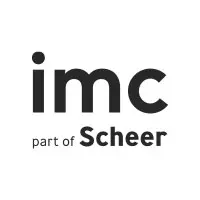
imc AG

Erasmus+ KA2 - Strategic Partnership
Open Teach C-Hub is a project aimed at enhancing teachers' skills through the collaborative development of open educational materials. Building on the ecosystem established with the help of the Open Teach and Design-CT projects, Open Teach C-Hub further develops the Open Teach ecosystem.
Open Teach C-Hub is designed to empower and encourage teachers to collaboratively create learning content. In doing so, the project promotes open educational practices (OEP) and open educational resources (OER).
The systematic creation of high-quality learning content, particularly open educational resources, is key to the adaptive and personalised adjustment of the standardised curriculum. This enables teachers to develop into more effective instructional designers.
As part of the Open Teach C-Hub project, tools for the collaborative creation of learning content and the evaluation of OER are being developed. These collaborative tools will be integrated into the Open Teach ecosystem, thus expanding the ecosystem's toolbox. Teachers will be supported through training and educational materials to design, create, and evaluate lesson plans and resources together, employing learner-centred and inclusive approaches.
Through network-building activities, the project broadens the community of teachers who share their expertise and collaborate to create high-quality OERs.
MERLOT

MERLOT

01.01.2022-31.03.2025
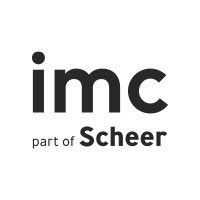
imc AG
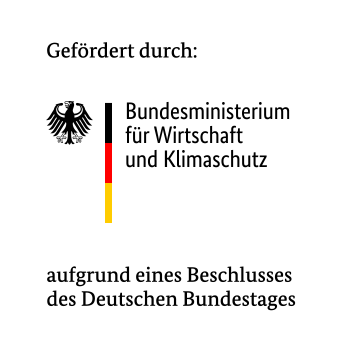
Federal Ministry for Foreign Economic Affairs and Climate Action, Germany
The MERLOT (Marketplace for lifelong educational dataspaces and smart service provisioning) research project is aimed at creating highly secure educational dataspaces and services within the Gaia-X ecosystem. These spaces will ensure that owners of educational data will always retain sovereignty over their data and will be able to make them available in interoperable form to other users or services as and when required.
This will enable learners, schools, public institutions, government agencies and companies to exchange and hand over educational data in a GDPR-compliant and controlled manner without having to sign separate agreements with every party concerned. This will streamline interactions between actors in federated systems and open up new possibilities for the processing of educational data for which protection is a must.
The consortium is developing advanced smart services – various services based on data-secure AI-powered digital assistants – to help learners navigate their educational and vocational options and support citizens in lifelong learning through digital assistants for professional development. In another use case, a digital educational-profile forecasting assistant will combine economic and labour market trend data with data on individual development opportunities so that it can formulate targeted suggestions for individual career planning and propose education options that show genuine promise (e.g., because they take into account market trends such as the growing skills shortage).
POSSIBLE

POSSIBLE

01.01.2022 - 31.03.2025
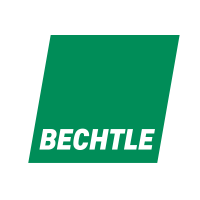
Bechtle AG

Federal Ministry for Economic Affairs and Climate Action
The goal of the POSSIBLE project is to simplify communication between government, commercial and private users via interfaces. The consortium is developing a user-friendly cloud solution that will enable government agencies, educational institutions and SMEs to select and combine certain coordinated services from a comprehensive catalogue while at the same time ensuring that the data is always handled in a transparent, trustworthy, secure and fair manner.
imc’s focus here is on developing analysis and recommendation services that integrate educational and administrative dataspaces in a way that is Gaia-X compliant, thereby enabling value-added services for administrative employees on several levels.
Two reference scenarios are being developed for this. The first scenario links process, learning and competency data to give employees tailored and appropriate recommendations from among available professional development or skills development options.
In the second scenario, the objective is to combine and integrate administrative process data with existing competency and learning data, to present it and make it evaluable. The result will be improved support for HR managers in managing and identifying skills development needs and planning professional development measures.
Design-CT
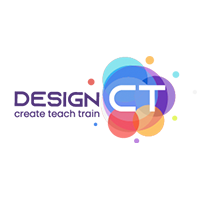
Design-CT

2021-2023

imc AG

Erasmus+ KA2 - Strategic Partnership
The Design-CT project supports school teachers to become creators and designers of digital and blended learning lessons and content. The project offers an interoperable ecosystem with an intuitive authoring tool. The tool’s integrated smart design and features, its didactical kits and templates enable teachers, of various digital competences profiles, to develop their own digital lessons.
Design-CT also offers levelled training programmes focusing on best pedagogical practices on the use of technology in the classroom. Furthermore, the peer-to-peer programmes provide teachers with the tools and strategies to become mentors and leaders of digital education in their communities. The Design-CT project activities and results are co-designed, co-created and co-evaluated by teachers for teachers.
Open Teach
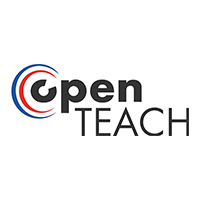
Open Teach

2020-2023

imc AG

Erasmus+ KA2 - Strategic Partnership
The Open Teach project aims to advance research on high-quality open education resources and processes, as well as the implementation and evaluation thereof. Moreover, it is designed to support educators in the development of their digital competence profiles. The project offers a platform for teachers focusing on STEAM subjects at junior and senior high school level.
To this end, the Open Teach platform offers online courses comprising six modules on Open Education Resources (OER) and Open Education Practices (OEP). These modules cover critical selection, evaluation, adaptation, realignment and creation of OER. Educators who take the courses become part of the Community of Practice (CoP), and are able to exchange and critically evaluate the resources on the platform.
OpenCourseWorld
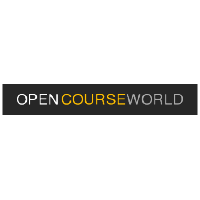
OpenCourseWorld

2012 - open end

Learn2Anaylze; Go-Lab

imc AG
OpenCourseWorld is the imc platform for open, free online courses, aka MOOCs. A MOOC (Massive Open Online Course) is a free online course that anyone can access and which goes beyond traditional online training offers. A MOOC is structured like university lectures or seminars.
These courses have a fixed start and end date. Each week, the learner is given access to individual course modules with their contents (video lectures, theory scripts, homework / tests). The advantage is that the participants can decide for themselves when they want to work on the material provided.
Learn2Analyze

Learn2Analyze

2018-2021
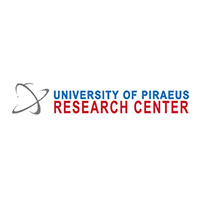
UPRC/ Greece

Erasmus +
How can existing online courses be better tailored to their participants? Analysing how the courses are used helps to identify and remedy weak points, such as sections that are hard to understand or knowledge tests that are too easy. The course can also be adapted for individual course participants; for example, by displaying additional explanations if learning progress is lagging.
While the technology in this field is already very advanced, many course authors and digital learning guides are not all that well-versed in these possibilities.
This is where the EU-funded innovation project Learn2Analyze comes in. Four universities and two other companies are collaborating with imc to develop an online course that will close this knowledge gap.
The first edition of the MOOC “Learn to Analyze Educational Data and Improve your Blended and Online Teaching” has already been successfully offered on OpenCourseWorld.
A-DigiKomp

A-DigiKomp

2020-2023
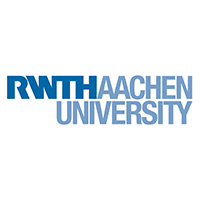
RWTH Aaachen University

Federal Ministry of Education and Research Germany
The joint project A-DigiKomp focuses on the promotion of digital competencies and sovereignty of adolescents through Games and Dialog Systems.
In this project, imc is responsible for the implementation of the Dialog System in the form of a Browser Plugin, which serves to gradually strengthen and promote the competencies of adolescents in various subject areas such as data protection law, criminal law, copyright, information security.
In this project imc uses the Learning Management System as a cloud platform for human-technology dialogs which support learning. The serious game developed by project partners accesses this platform to record and update the game level and learning success of users.
Resulting user competency profiles help the Digital Competency Assistant - the Browser Plugin that suggests personalized game/learning options for users based on their competency.
This way of promoting the digital competence and sovereignty of adolescents will be tested with the target groups within the project and its effects on competence development and behavior of the young adults will be scientifically evaluated.
To learn more about this exciting project, we recommend to visit the project website.
SmartHands
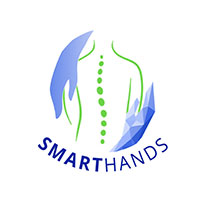
SmartHands

2020-2023
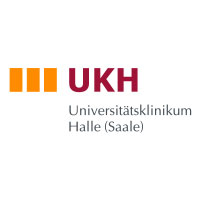
University Medicine Halle (Saale)

Federal Ministry of Education and Research Germany
The training and professional development of physiotherapists and physicians is the clear focus of the collaborative SmartHands project: A learning platform for digital media in manual medicine and therapy based on smart devices.
Manual therapy practitioners rely on their hands. They need to palpate the patient’s body to reduce pain, increase mobility or avoid operation. SmartHands now offers an opportunity to train these skills and gain the necessary hands-on experience without the risk of a wrong move or misdiagnosis impacting the subject.
The project aims to develop virtual training applications that physicians and physiotherapists who are training to become manual medicine practitioners can use to practice diagnostic steps or specific techniques without involving real patients. The training applications can be used to simulate the learner’s sensomotoric-haptic and visual interactions.
Thus far, training has focused on a theoretical understanding of real medical cases with techniques being practiced on dummies or simulation patients. This does not reflect the reality of the job, and only conveys part of the necessary practical skills.
imc supports the technical realization of this project and provides the imc Learning Suite as a teaching and learning platform that allows trainers to prepare virtual training units and offer learners a blended learning scenario.
Learn more about the project in the video (German only) of our partner AWSI.

To watch this video, marketing cookies must be accepted. Click on the play button to accept. You can find more information in our cookie banner and in the privacy policy.
D-MasterGuide

D-MasterGuide

2017-2020
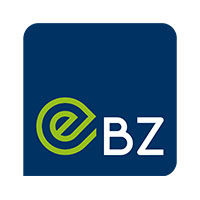
eBZ ‐ eBusiness‐KompetenzZentrum für Planen und Bauen

BMBF
D-MasterGuide is geared aspiring towards master tradesmen in the building trade. They learn to plan and support a construction project through all its stages with digital tools: Determining facade insulation requirements using digital forms, researching suitable insulation materials on the internet, planning personnel and material use for the building site, and documenting work progress with photographs. In each stage, they learn to use digital media with confidence – and grow from consumer to active collaborator. The learning offer is implemented and trialed at a master school in Swabia.
imc develops the digital learning environment for the research project and provides the multimedia editing for the learning content of the project partners.
The project is funded under the “Digital media in vocational training” program of BMBF and ESF.
GO-GA

GO-GA

2018-2020
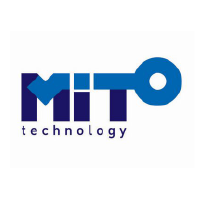
MITO/ Italy
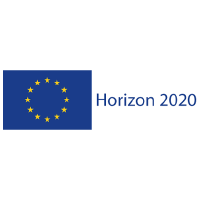
Horizon 2020
GO-GA aims to adapt and implement the successful Go-Lab ecosystem in Africa. While the initial focus is on Kenya, Nigeria and Benin, the project will be scaled to include further users and countries. GO-GA will adapt the Go-Lab ecosystem to the African requirements, and offer teachers comprehensive training in pedagogical and technical skills.
The content and platform are translated to Swahili. A project partner will develop a “Go-Lab Box”, a small computer with pre-installed WLAN antenna, Go-Lab software and media content. This allows Go-Lab to be used in African classrooms without internet access. The same technology could later also be used in European classrooms with a slower or unreliable internet connection.
InKraFT

InKraFT

2017-2020
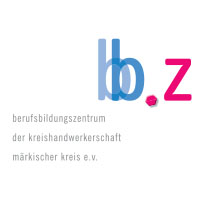
bbz Kreishandwerkerschaft Märkischer Kreis e.V.

BMBF
The InKraFT research project investigates potential applications for digital technologies in vocational training and on the job. The main goal of the project is to enable persons with cognitive or physical disabilities to qualify and work as an automotive mechatronics engineer. In particular, learning and working conditions are created that enable the target group to offset or compensate for their cognitive and physical disability.
The project aims to achieve this goal by using e-learning and virtual reality technologies. This approach is supported by scientific findings, especially in the areas of inclusive education and cognitive science. The technologies and methods developed as part of the research project are tested in real life by the education partners.
DEVELOP

DEVELOP

2016-2019
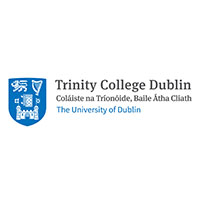
Trinity College Dublin/ Ireland

Horizon 2020
The DEVELOP project aims to create a personal learning environment for career development. It can be used in medium-sized to large companies offering comprehensive career paths. The project is managed by Trinity College Dublin; the consortium includes IBM Ireland and imc, as well as another five academic and commercial partners.
The learning environment enables employees to measure their soft skills and social capital, and illustrates options for advancing their career through learning activities. Both personal goals and company objectives are taken into account. Possible career paths are illustrated graphically.
In digital games, employees experience work-related situations, identify behavioural patterns based on their own reactions, allowing them to determine development potentials for their soft skills.
An analysis of communication in professional social networks serves to highlight to employees where they can intensify personal relationships to strengthen their social capital. The project outcomes are intended for use by large learning technology providers and SMEs to expand their product portfolio.
DEVELOP is funded by the European Union under the research and innovation program Horizon 2020.
Next-Lab
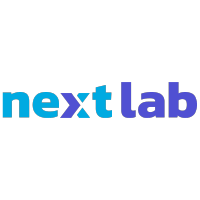
Next-Lab

2017-2019
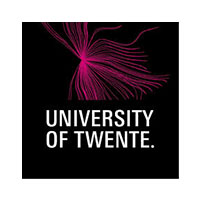
University of Twente/ Netherlands

Horizon 2020
The Next-Lab research project aims to enable students to gain experiences in scientific work (“inquiry learning”). To this end, it provides simulated and remote-controlled laboratories accessible via the internet, aka Online Science Labs. In the labs, groups of students supported by their teacher are able to perform experiments together online, visualise and discuss data, and record findings in electronic reports.
The idea is to encourage students to pursue a career in the fields of science, technology, engineering and mathematics (STEM). Next-Lab continues the successful work of the precursor project Go-Lab, now also addressing primary school students. In addition to training current teachers, the research project aims to appeal to trainee teachers.
IBIS
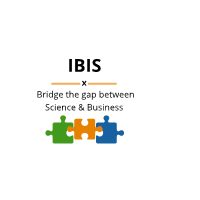
IBIS

2015-2018
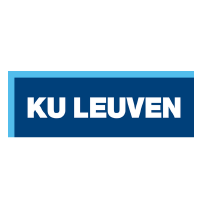
KU Leuven/ Belgium

Erasmus +
The objective of the IBIS project is to develop, implement and evaluate a business & innovation module in scientific programmes. The module includes an online course on “Fundamentals of economic sciences for scientists” and a workshop series on “Innovation in practice”.
The module is offered on an openly accessible learning platform which supports collaboration and feedback. Learning analytics are used to track and support the students’ learning process.